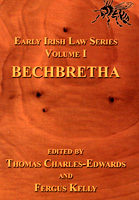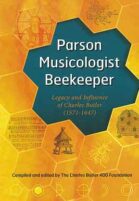
click image to zoom
"Because reading 'The Feminine Monarchie' reveals rather little about the place, the time, and the social life of Charles Butler, it is most fortunate that members of the Basingstoke and District Beekeepers' Association have written and published [this] lovely book ... It provides a splendid view of his world." Tom Seeley. Four hundred years ago, a parson in the small…

click image to zoom
In Pursuit of Liquid Gold tells tells the fascinating story of the earliest beginnings of beekeeping in South West England with special mention of monastries, weather protection and the beekeepers of the past. It also includes details of surviving bee boles with a very detailed list of them in Devon, Cornwall, Somerset and Dorset. There are 9 colour pictures and,…
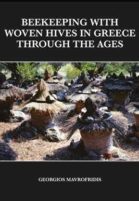
click image to zoom
This book is an original study on beekeeping which, apart of course from the existing modern literature, is based on four pillars: 1. the study of the relevant ancient Roman and Byzantine literature; 2. the study of the works by foreign travelers who visited Greece from the 17th to the 19th centuries to gather information on beekeeping and wicker hives;…
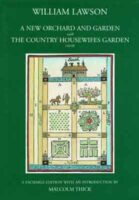
click image to zoom
The first edition of A New Orchard and Garden and The Country Housewifes Garden was published in 1618. This facsimile is taken from the printing of 1656 in Gervase Markham’s A Way to get Wealth, itself first published in 1623. Lawson is a very early listing (Number 20) in The British Bee Bibliography and is important in dealing with skep…
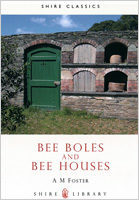
click image to zoom
Man's domestication of the humble honey bee spans millennia. The evolution of beekeeping may be traced in the changing form of the beehive and in the various structures used to house and protect it, from simple recesses in garden walls holding a single straw hive, to ornate free-standing buildings that could house thirty times as many. Each means was unique…
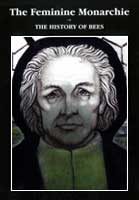
click image to zoom
The Feminine Monarchie is an early and remarkable work of English natural history, first published in 1609, and written by a scholarly country parson of wide ranging interests. Like the later Gilbert White of Selborne, a distant relation, Charles Butler had a deep curiosity about the natural world and recorded his discoveries methodically, in keeping with the growing scientific mood…
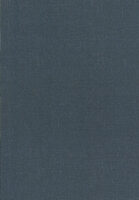
click image to zoom
A hard back facsimile of Butler 1623. Charles Butler (1560-1647), sometimes called the Father of English Beekeeping, was a logician, grammarist, author, minister (Vicar of Wootton St Lawrence, near Basingstoke, England), and an influential beekeeper. He was also an early proponent of English spelling reform. He observed that bees produce wax combs from scales of wax produced in their own…
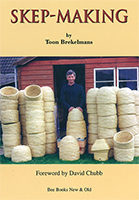
click image to zoom
This book helps to explain skeps and skep making. It includes an insighful foreword from David Chubb, who speaks highly of the diagrams featured in this book which he has been using for eighteen years. The book also provides useful recommendations for further reading, as well as an explanation for which materials and tools can be used for skep making.…
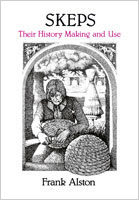
click image to zoom
This is the only book to review the history of skep beekeeping, yet at the same time to show how they are madeand managed. As such it joined Pettigrew as an essential text for all those who wish to keep bees in skeps.
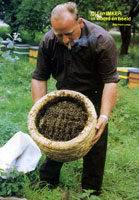
click image to zoom
A most wonderful record in words (in Dutch) and pictures of skep beekeeping as practiced in Holland.



